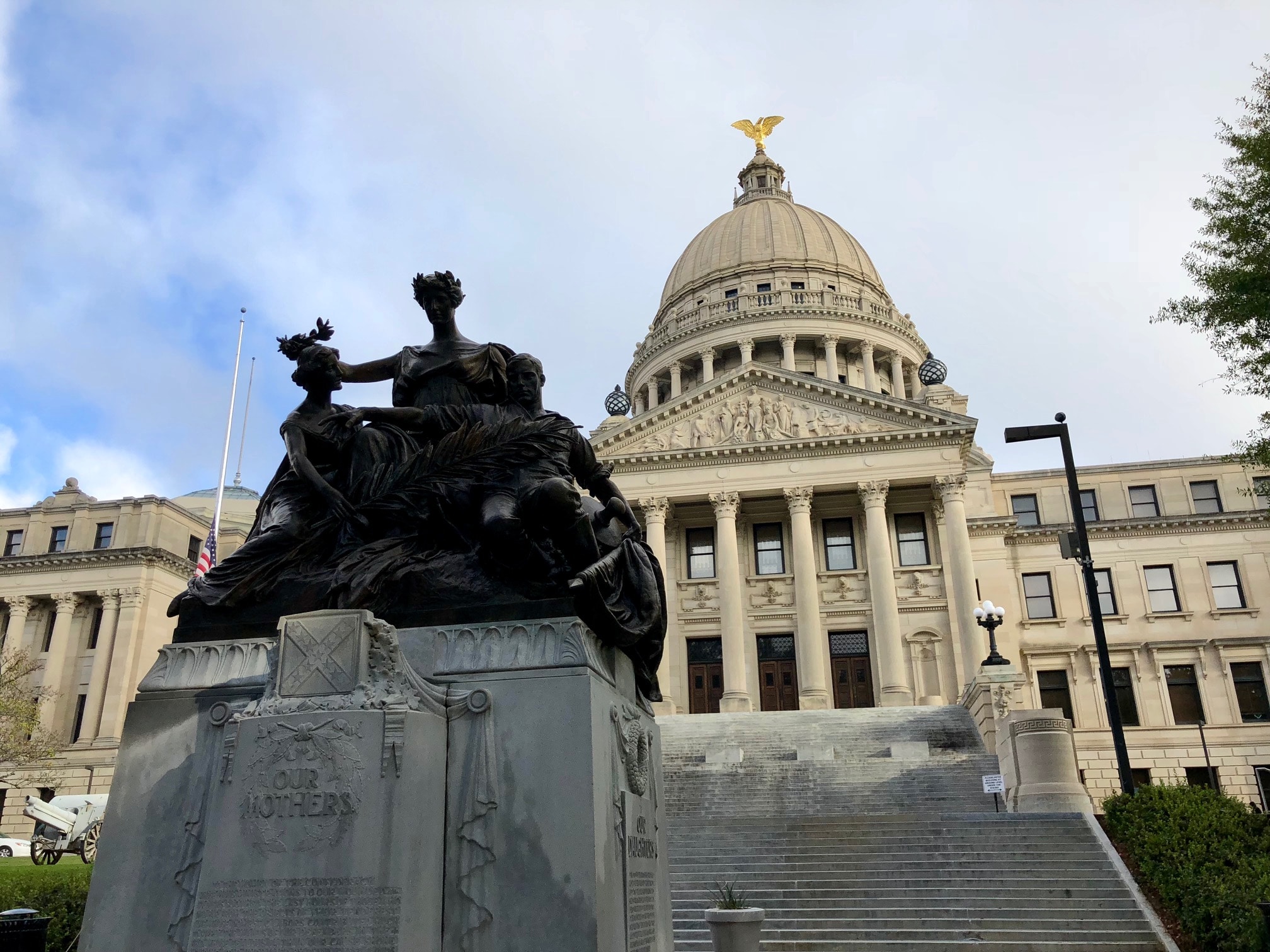We are 48 days into the 2018 legislative session, and so far, fixes to our state’s roads and bridges are few and far between.
Lt. Governor Tate Reeves recently introduced a $1 billion infrastructure plan titled “the BRIDGE Act” which would attempt to fix the state’s maligned road conditions without raising taxes in the state, but the plan is in its early stages.
Much of the infrastructure conversation has swirled around the federal government’s $1.5 trillion plan, but where does that leave Mississippi? Governor Bryant was in Washington to meet with President Trump about infrastructure last week, and says that rather than adopting a plan now, it may be beneficial to wait until the federal government’s plan is finalized. The cost of waiting may mean that legislators have to reconvene in Jackson after the 2018 session concludes.
“We have crumbling bridges that we need to get to work on. Even if we don’t reach a consensus here in this legislative session about any additional funding, we need to wait and see what this bill is going to look like. If we need to do a special session, we could come back one or two days in the fall and braid this with a federal bill and get the most for our dollars,” Governor Bryant said. “That would be my humble recommendation.”
The governor went to say that clarity from the federal government’s plan would give Mississippi a clearer path moving forward on the road to fixing its ailing infrastructure.
“There’s not a consensus just now, but if the federal government says ‘this is going to apportionment’ and Mississippi’s apportionment, because we are poorer, rural state, would be larger than some of the other states, but ‘we need for you to invest’ as we do in many other projects, then we will know what that cost will like and what we will need to be able to meet our apportionment of these billions of federal dollars that will come into the state of Mississippi,” Governor Bryant said.
During this session, the Senate passed a bill which diverts a portion of sales taxes to cities for infrastructure needs. Up to $40 million would be available to cities if the legislation is fully implemented. The bill currently sits in a house committee.
Early on, a house bill was passed by a unanimous vote which would use a new formula to divert state use-tax collections and it would direct funds back to the cities and the counties to be used for road and bridge maintenance. Much like Senate’s bill, this legislation sits in committee on the other side of the Capitol.
Along with Lt. Governor Reeves, The BRIDGE Act was created by Finance Chairman Sen. Joey Fillingane and Transportation Chairman Sen. Willie Simmons. The plan will be heavily debated in the coming days.




